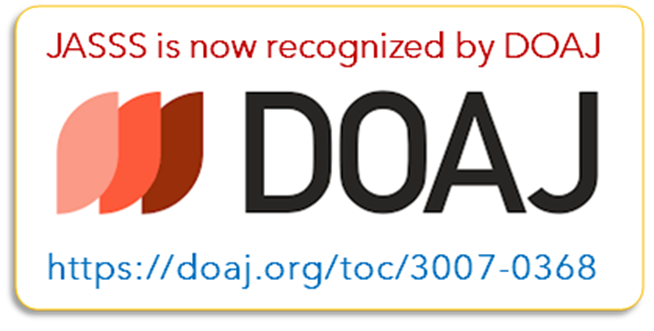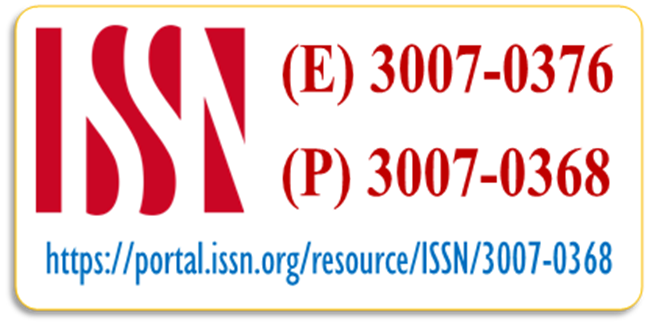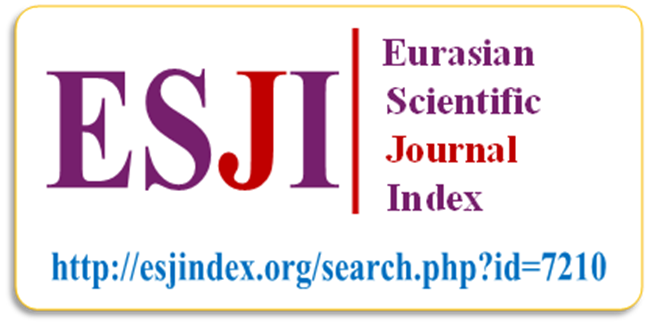جدید آلات کے ذریعے خرید و فروخت کی فقہی حیثیت
Jurisprudence of buying and selling through modern instruments
Keywords:
sharīʿah, E-Commerce, Fiqh, technology transactions in ShariahAbstract
The research paper explores the jurisprudence of buying and selling through modern instruments, specifically focusing on E-Commerce from an Islamic perspective. It delves into the acceptability of E-Commerce within the framework of Islamic Law, aiming to inform Muslims worldwide about the legality of engaging in E-Commerce activities based on Islamic teachings and principles. The paper discusses various aspects related to E-Commerce transactions, Islamic business practices, and the implications of E-Commerce in Islamic perspective, drawing support from the Holy Quran, the practices of Prophet Muhammad, Fiqh books, and resolutions of different Fiqh Academies.
Furthermore, the document addresses the intersection of technology and transactions within the realm of Shariah, emphasizing the importance of aligning modern commercial activities, especially in E-Commerce, with Islamic principles. It covers a wide range of topics related to E-Commerce, including technology transactions in Shariah, products and services, currency exchange and transfer, E-tail or E-retail, online E-auction, and E-procurement. The paper aims to provide a comprehensive overview of the implications of E-Commerce in the context of Islamic Law, shedding light on the considerations and guidelines for Muslims engaging in E-Commerce activities while adhering to Islamic principles.
Moreover, the document delves into the nuances of E-Commerce transactions, discussing the legality of E-Commerce in Islam and the implications of engaging in E-Commerce activities from an Islamic perspective. It highlights the significance of understanding and applying Islamic principles in modern commercial practices, especially in the context of technological advancements and E-Commerce platforms. By drawing upon Islamic sources such as the Holy Quran, the practices of Prophet Muhammad, and Fiqh literature, the document aims to provide Muslims with a clear understanding of the permissibility and guidelines surrounding E-Commerce transactions, ultimately guiding them on how to navigate this modern form of commerce while upholding Islamic values and principles.








